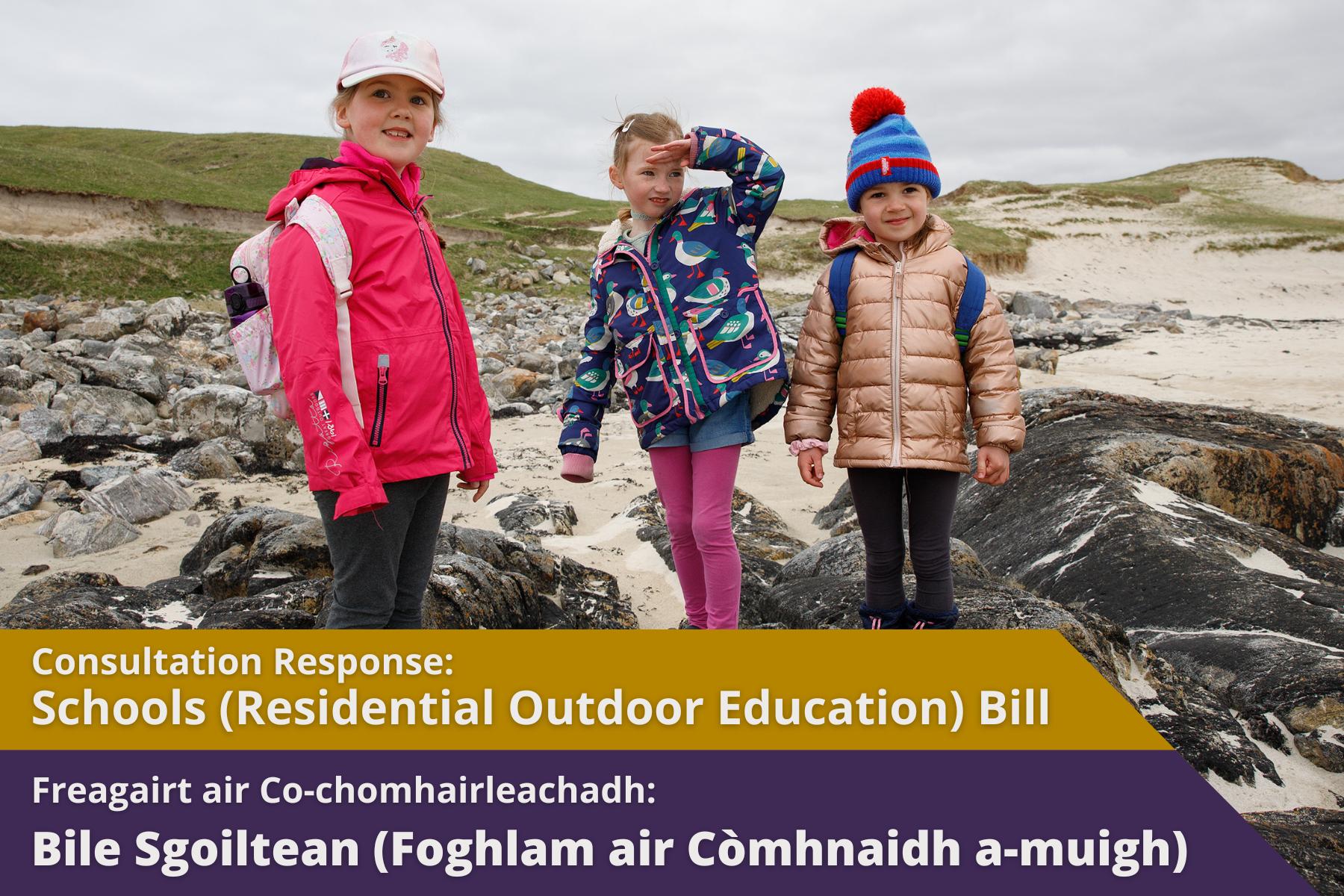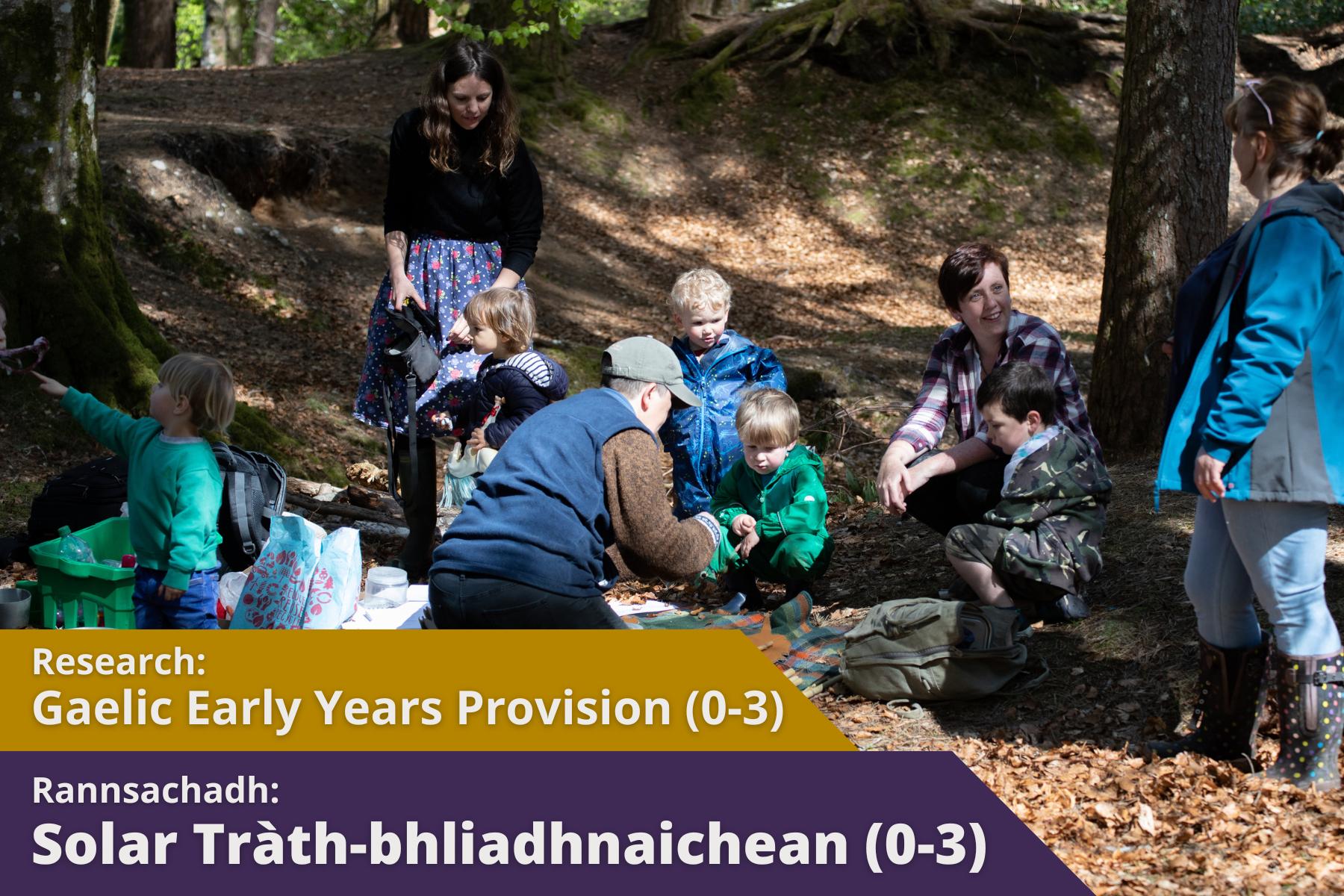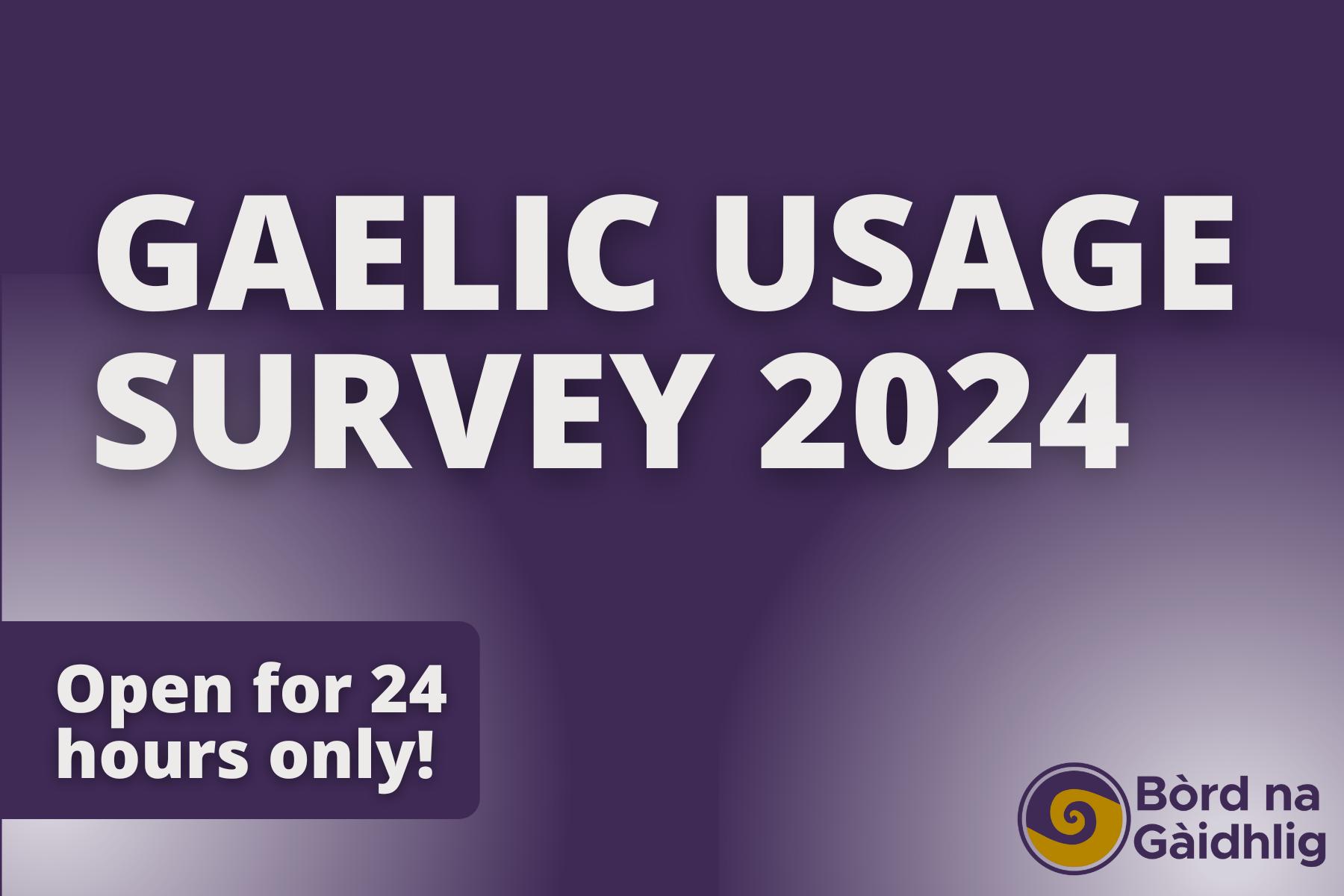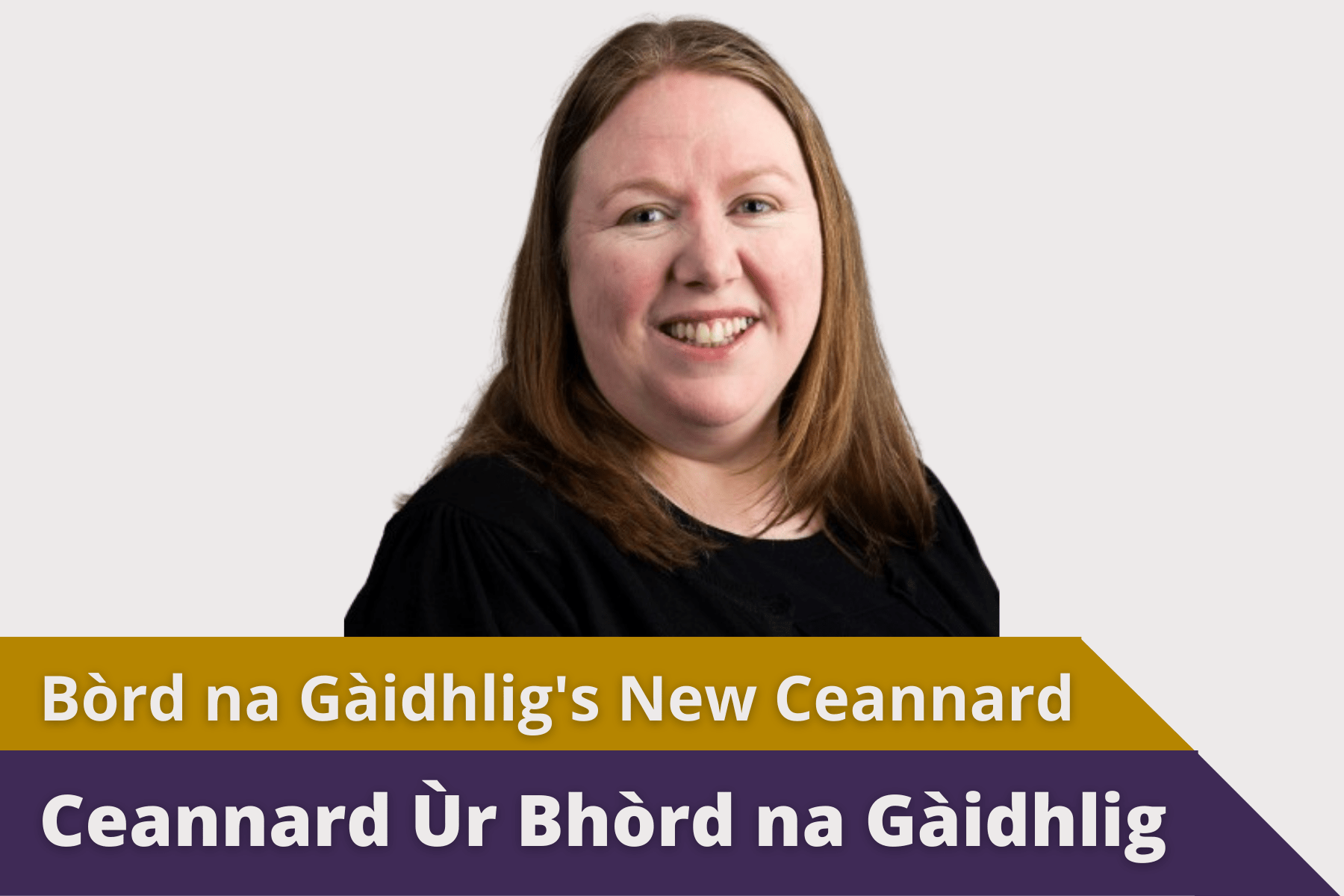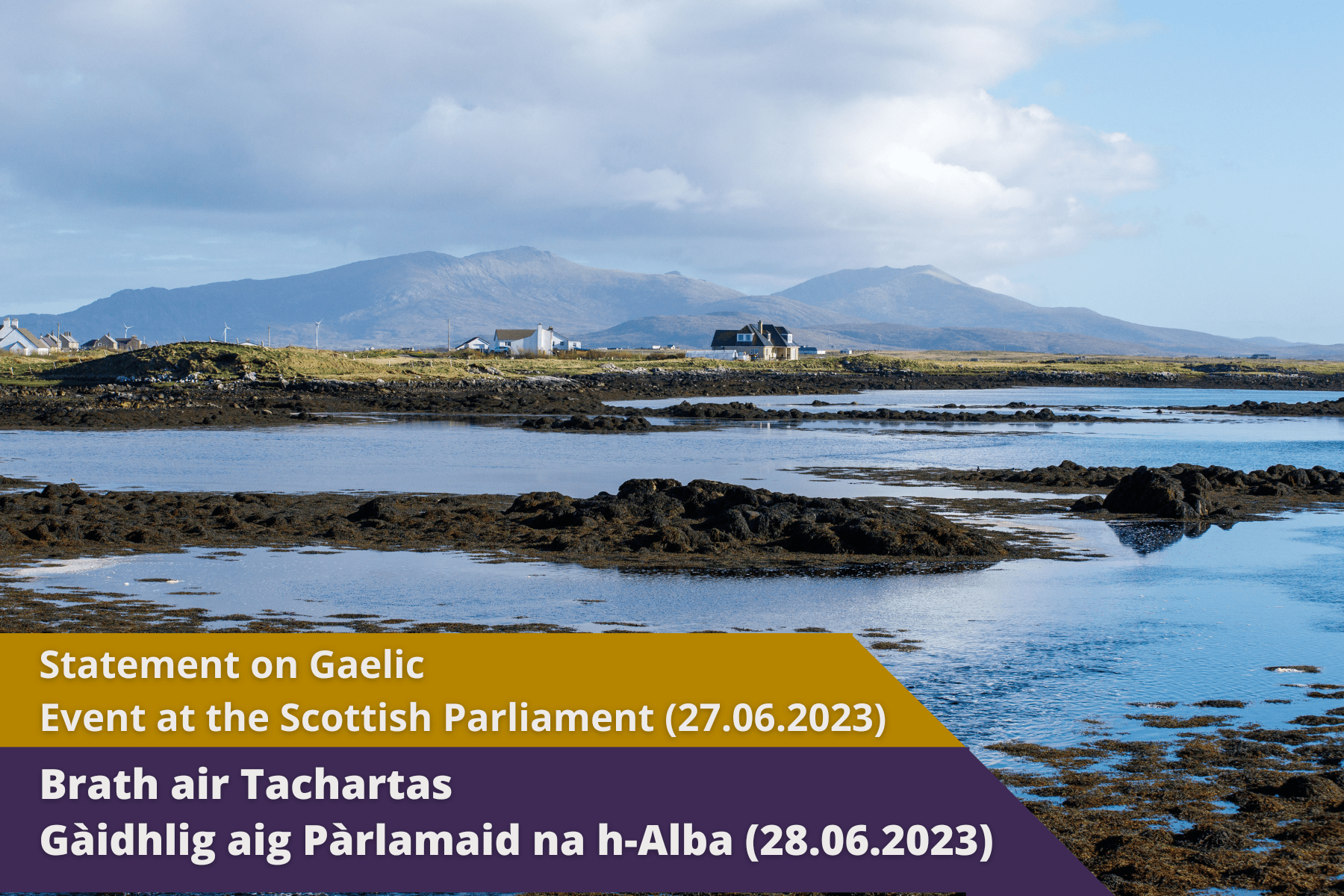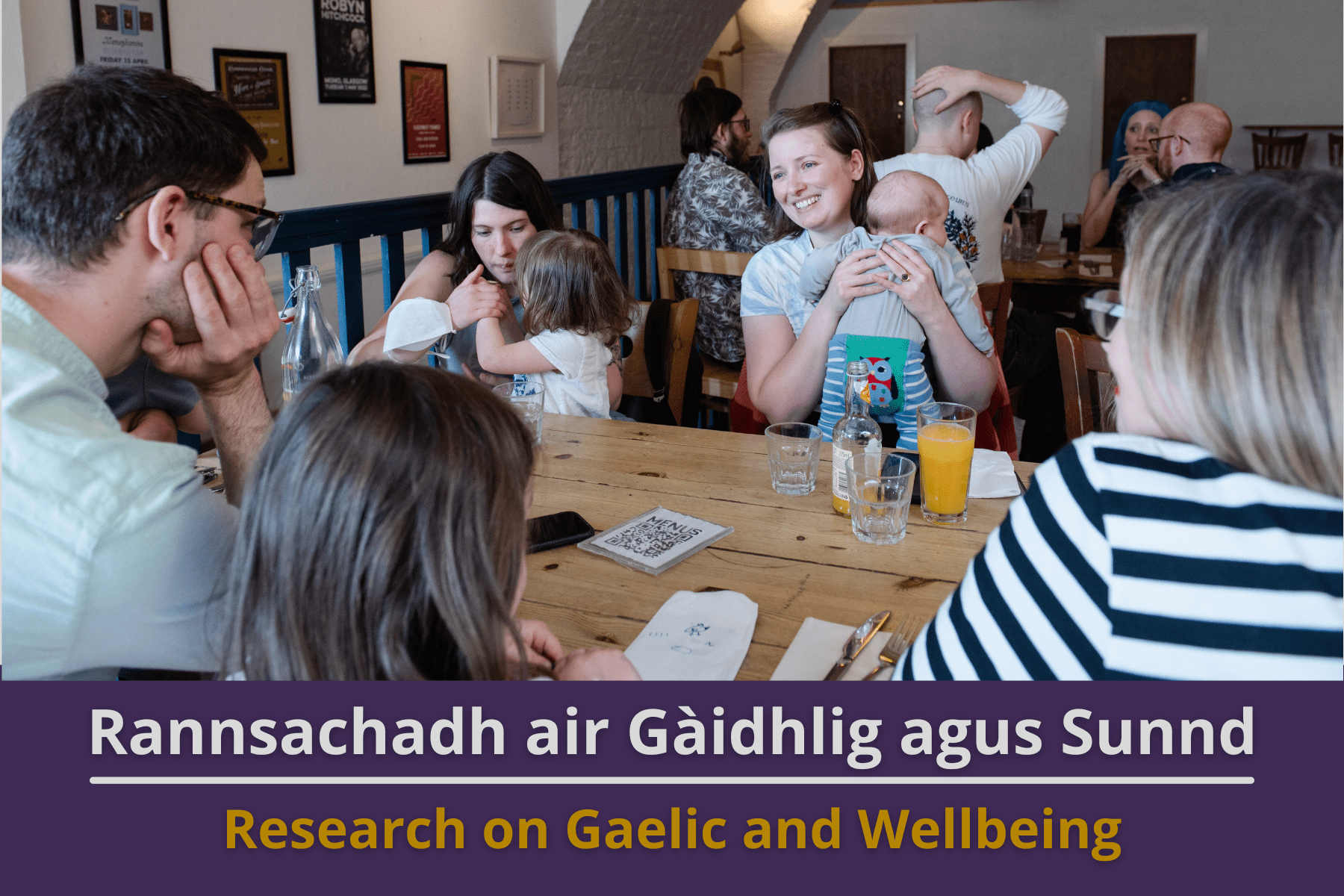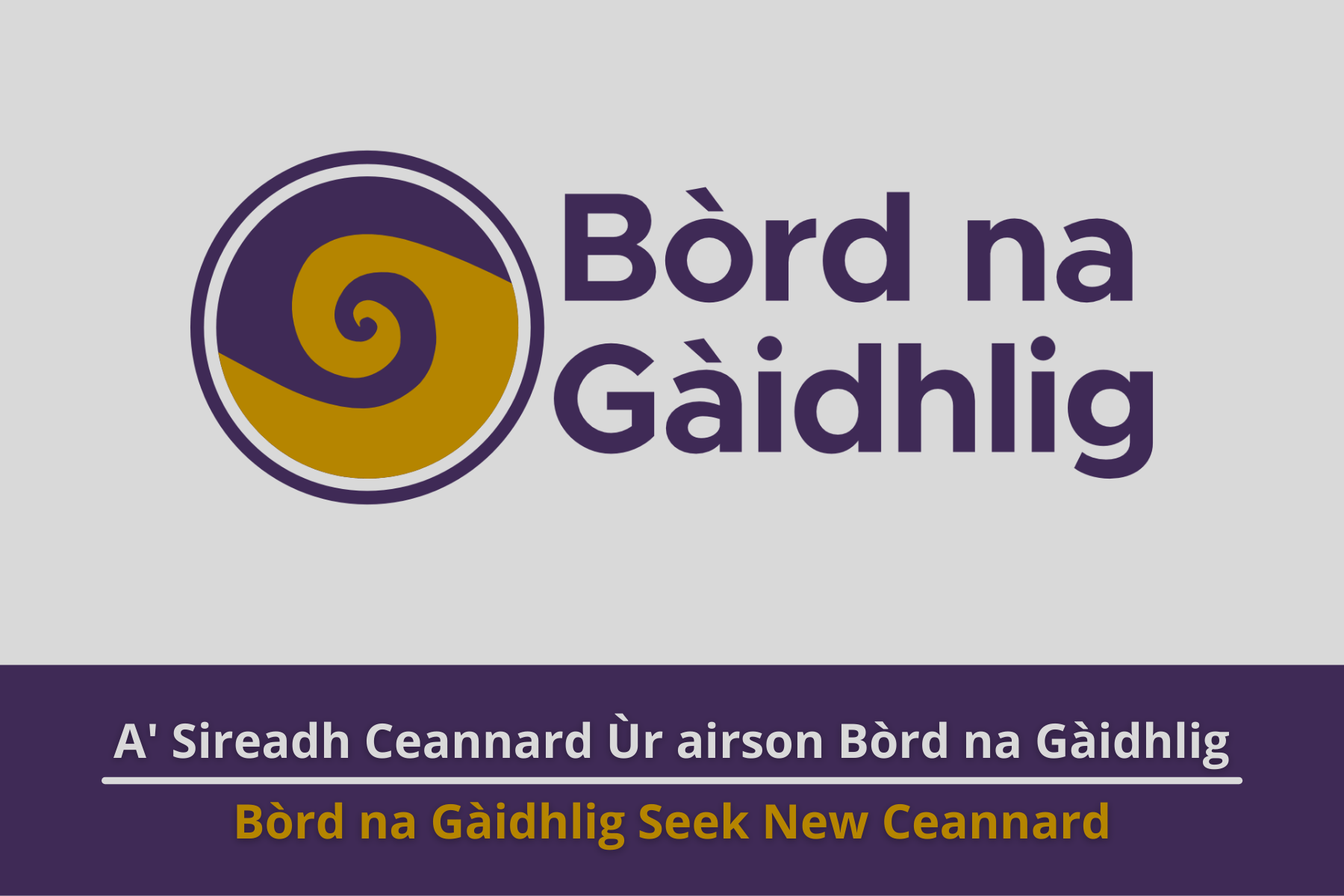Bòrd na Gàidhlig today announced the appointment of Ealasaid MacDonald as its new Ceannard (CEO) who will take up the post in September 2023.
Ealasaid, hailing from the Western Isles and with her home in Stornoway has extensive experience of working in both mainland and island settings. In her current role as Director of Strategy and External Affairs with MG ALBA she leads on corporate and stakeholder communications. With experience of working in the public sector and as a freelance policy and public affairs consultant, Ealasaid has been at the forefront of many initiatives and developments to promote the needs of Gaelic speakers throughout her career.
Based in Stornoway, Ealasaid will lead Bòrd na Gàidhlig through forthcoming developments, working closely with Board members and the senior management team, and also with Scottish Government, public bodies and Gaelic communities.
Màiri MacInnes, Chair of Bòrd na Gàidhlig, said: “We are delighted to welcome Ealasaid to this important role, at an exciting time for the progress of the Gaelic language with a new National Gaelic Language Plan and a new Scottish Languages Bill. She has a background working with key public bodies and with a particular focus on corporate policy initiatives. With her experience of working in this sector, Bòrd na Gàidhlig will benefit from the skills she has acquired in management and development issues related to the Gaelic language and culture.”
Ealasaid said, “I am very pleased to be taking on this important role at a crucial time for Gaelic. I look forward to working with our communities, Gaelic organisations and wider partners to develop the Gaelic language across Scotland and beyond. Working in partnership is a reason for success as we look towards the new National Plan for Gaelic, it is more important than ever.”
Education Secretary Jenny Gilruth said: “I would like to welcome the appointment of Ealasaid MacDonald as the next CEO at Bòrd na Gàidhlig and congratulate her on a successful application for this important ministerial appointment.”
“The Scottish Government is looking forward to working closely with Ealasaid and the team at Bòrd na Gàidhlig in supporting and promoting Gaelic across Scotland as we prepare to take forward our Scottish Languages Bill.”

